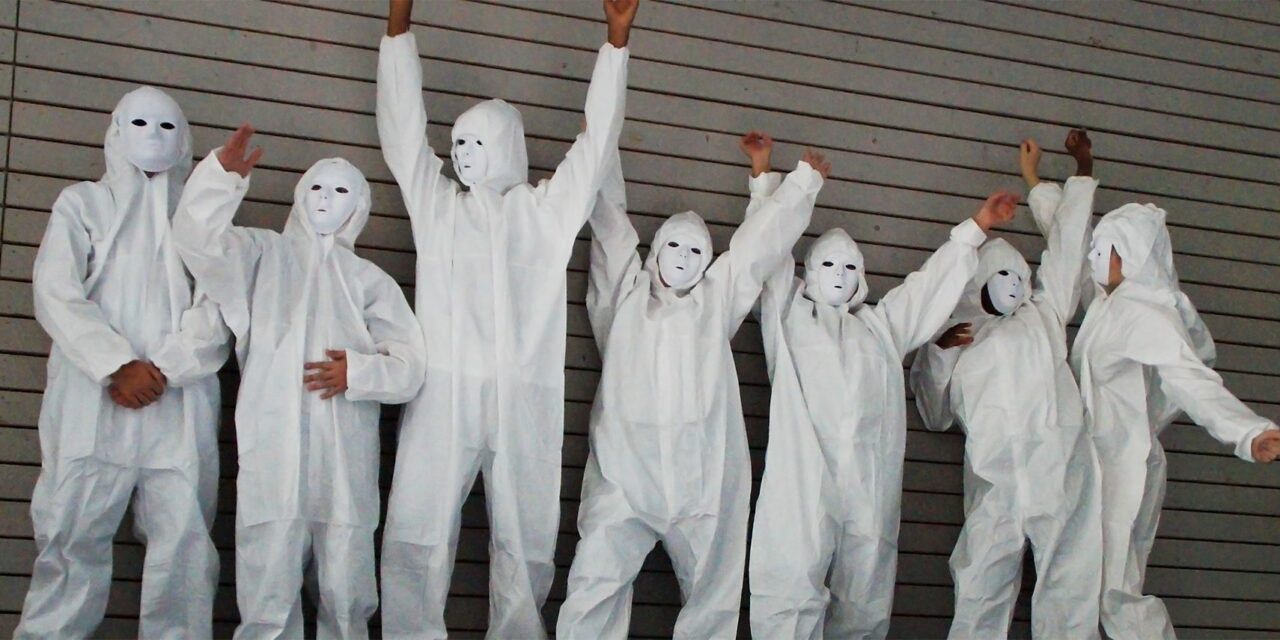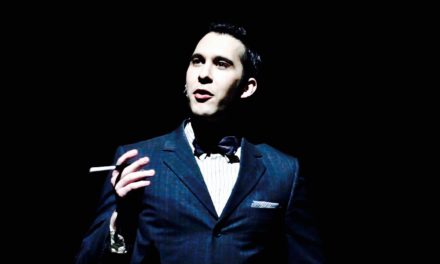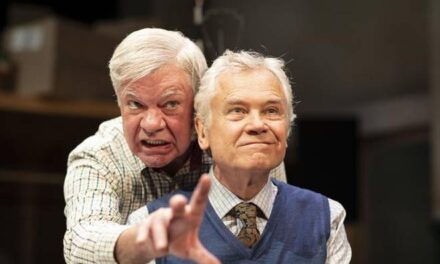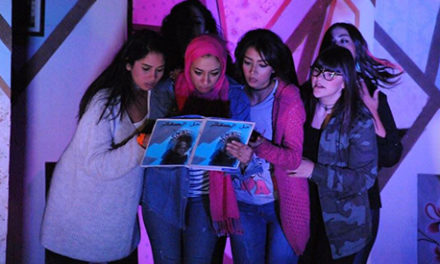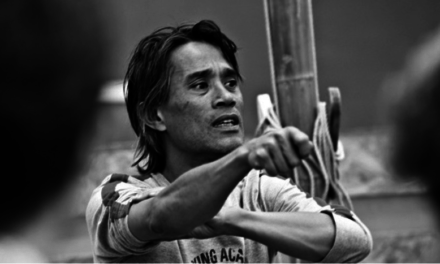“Politik im Freien Theater” is a free theatre festival where youngsters address political issues. What can theatre do that school cannot?
“It prompts discussion and creates access,” says drama teacher Anne Paffenholz.
Organized by Germany’s Federal Agency for Civic Education (bpb), the Politik im Freien Theater festival has been going for 30 years. The 10th edition was staged in 2018 in Munich, where more than 800 children and young people came together to focus on political topics. The following is an interview with bpb consultant and theatre educator Anne Paffenholz.
Romy König: Ms. Paffenholz, you directed the Youth and School programme of the Politik im Freien Theater festival. This was the first time such a broad programme was featured for children and teenagers. What made you extend the range of activities?
Anne Paffenholz: The preceding festival in Freiburg in 2014 showed there was a high demand for events for teachers and students. This time, in cooperation with lots of partner organizations and artists, we linked up political and cultural education. The theme of the festival was “wealth”–and we broke down the subject into its constituent parts and then reconstructed it in holiday workshops and school projects.
Romy: What forms did that take?
Anne: Films were made, a stage play was developed with human actors and puppets, upcycling stories were told in showcases, and song lyrics were written, performed, and recorded–all under the guidance of artists. There was also a program of guided tours, where youngsters visited self-help centers, food banks or soup kitchens.
Romy: What can theatre do for political education that cannot be done in school?
Anne: In theatre, topics are not addressed in a purely rational manner. Theatre is a more physical, more emotional medium. It prompts discussion and creates access, especially for young people. We made it clear to the kids that we were not going to dispense school knowledge and test them on it afterward; we expected no standard school answers. We wanted them to form their own opinion and acknowledge the opinions of others. That went down well, we had lots of positive feedback.
Romy: Could you give an example of your own festival work?
Anne: Together with a colleague, I ran a workshop on the subject “Millionaires of Tomorrow,” where students took a close look at what it means to be rich and produced a kind of live tutorial with text collages, music, puppet and object theatre. One girl said: “I don’t want to be rich. Rich people are not nice.” Comments like that can be a starting point, an introduction to longer conversations that cast light on the subject.
Romy: You mentioned feedback earlier. What sort of comments did you receive?
Anne: One teacher reported that we had really managed to reach his students with our approach. He told us we had prompted discussions that would not otherwise have taken place. And from the children we heard things like: “Learning is fun in a place like this.”
Romy: The festival programme included a youth workshop on “Transcultural Education in Times of Cultural Globalization,” which you staged in cooperation with the Goethe-Institut. The idea was to discuss “cultural institutions of the future.” But does an abstract concept like “transculturality” really mean anything to teenagers?
Anne: It is certainly not instantly understood. But it is readily understood when you explain it. Youngsters need only look around them: does everyone at school have the same background, the same socialization? How do they differ–and what different needs do they have, especially in terms of culture and theatre? For us, the main thing was that young people should learn that there are lots of different lifestyles and biographies, and that that diversity is reflected in cultural life.
Translated by Malcolm Bell.
This article originally appeared in The Goethe Institut on January 2019 and has been reposted with permission.
This post was written by the author in their personal capacity.The opinions expressed in this article are the author’s own and do not reflect the view of The Theatre Times, their staff or collaborators.
This post was written by Romy König.
The views expressed here belong to the author and do not necessarily reflect our views and opinions.

